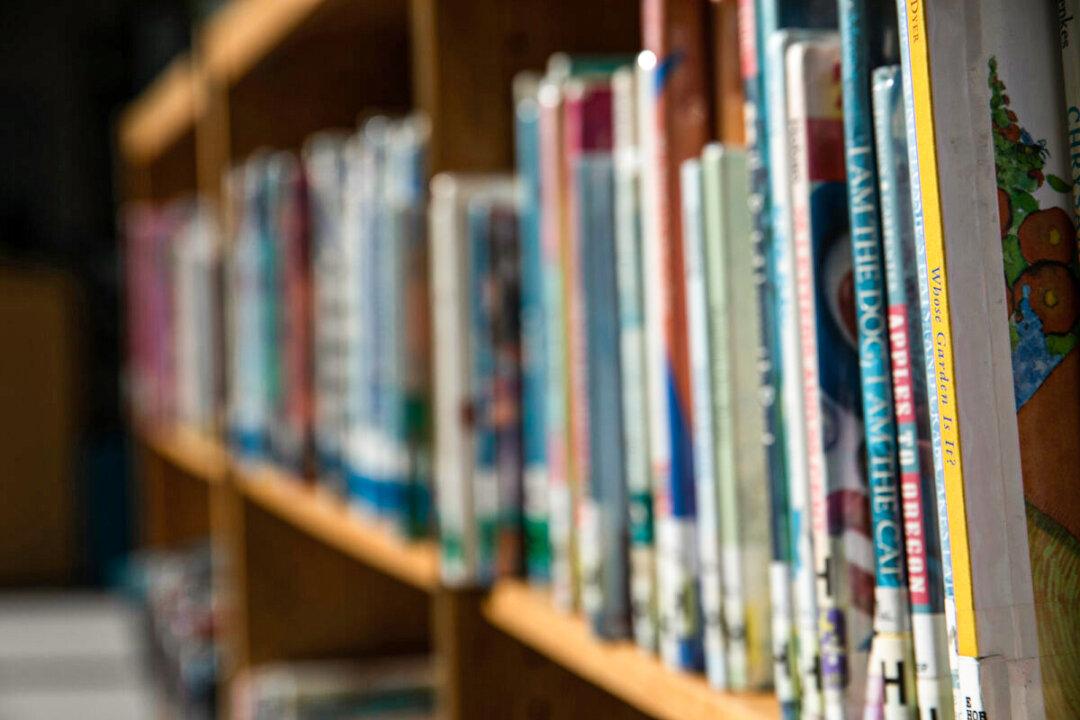A father and a school trustee from British Columbia are sounding the alarm on books in schools they say are of concern due to their explicit sexual content.
Pierre Barns, a father from Abbotsford, B.C., first had concerns when his daughter brought home a book from school he found objectionable. After inquiries to her school on what other books were in the library, he asked that six such books be removed.





